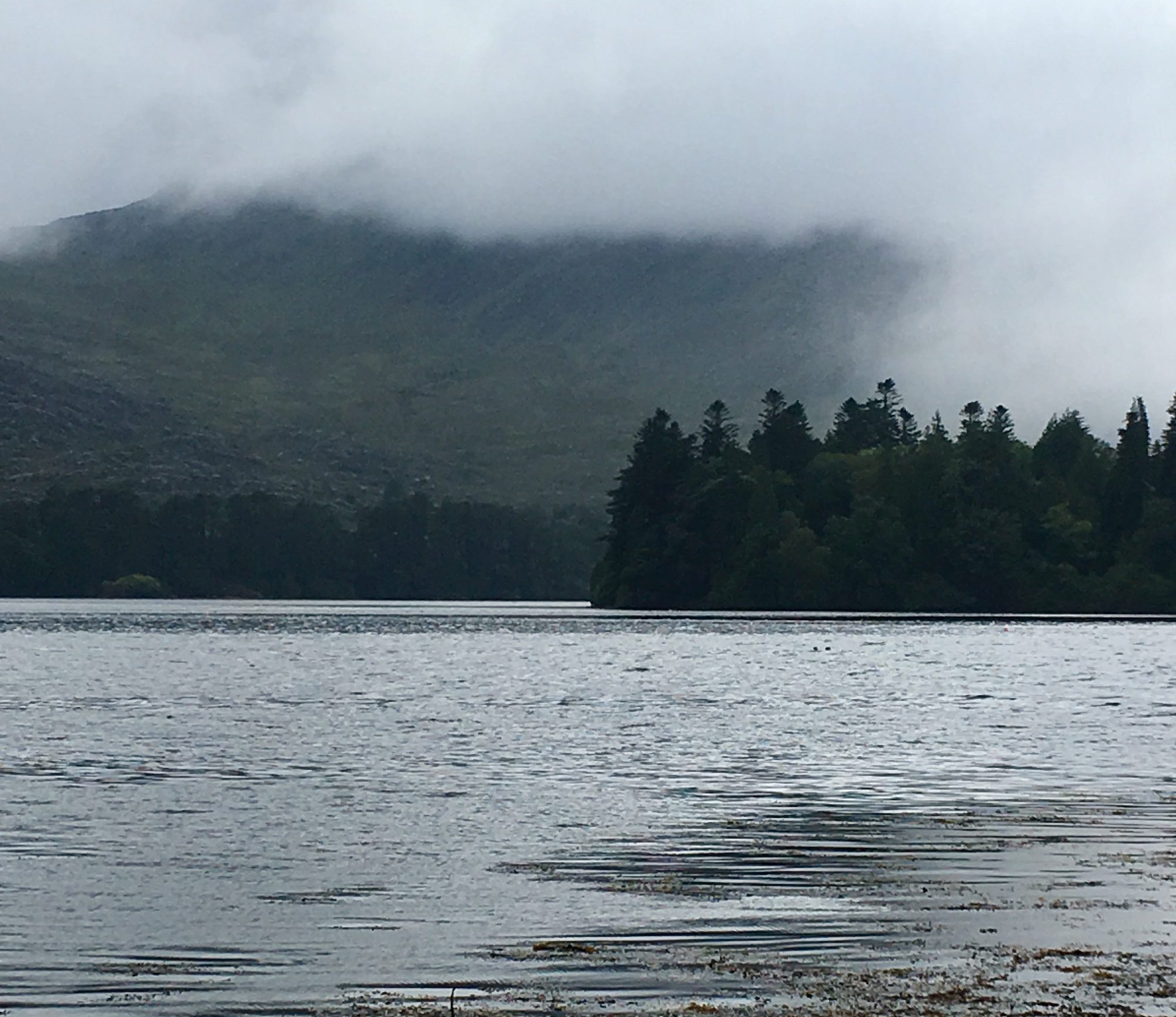I’m finally home reliably enough to get milk from my neighbors. I’m a lucky woman that I live next door to Jersey cows that produce more milk and cream than the dairy family can use. The fact that such a rich and delicious food is produced 100 yards from my house feels miraculous to me.
Life has been full of left turns this winter. David and I were unexpectedly away from home for much of the last few months, away too much to drop off my empty milk bottles at the farmhouse across the brook so they could reappear the next day, the pale yellow cream at the tops of the bottles already half way to butter. I’ve missed that sweet milk and the rhythm of it.
There was more I missed. I planned to spend much of the winter pulling together a manuscript for a Vermont College of Fine Arts Conference workshop this summer. But family illnesses overrode those plans and I just cancelled my enrollment in a week-long workshop with Matthew Dickman. That would have been a terrific week, with a wonderful poet and teacher and the feedback of the other workshop members. The VCFA Conference is magical — a week with kind and interesting people who are also devoted to writing.
But I don’t have a manuscript. The time I’d planned to use to sort, revise and write poems into a book shape was spent in cars and hospitals. And by now I’m sure I won’t have a manuscript ready to send in by the deadline of July 1. Well into my second week of being home without any major interruptions, I still have no creative focus. I can weed perennial beds and make granola and do a spring clean-up and purge in the basement of the barn. But I can’t focus on anything that requires sustained creative thinking. I haven’t regained the drive that makes my own work the most important thing I can be doing. I got used to there always being something that really was more important.
But I’m home. David is home too. And we’ve been here long enough to trade our empty bottles for milk. I’ll skim the thick cream off the top and start a batch of yogurt. The cream I’ll churn into butter.
Back to my delicious routine. May it spread.












